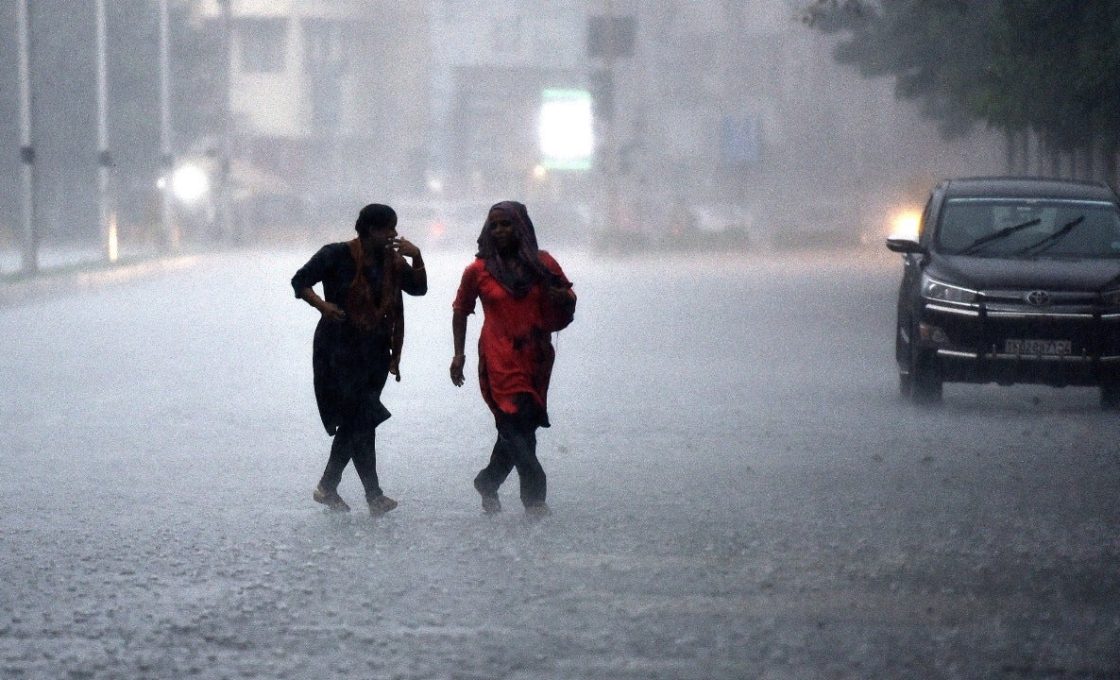Cyclone Senyar could lash coast with heavy showers in Tamil Nadu
The India Meteorological Department has sounded a yellow alert for Chennai on November 25, Tuesday. Tamil Nadu has already been witnessing widespread heavy rain over the past 24 hours as the northeast monsoon intensified.
The low-pressure area over the Strait of Malacca is very likely to intensify into a depression south Andaman Sea during next 24 hours, the IMD said Monday in its weather bulletin. There is a possibility of a cyclonic storm forming over the south Bay of Bengal within the next 48 hours, the weather department said.
Tamil Nadu and several delta districts are bracing for an unprecedented rainfall because the season’s second cyclonic storm is likely to form over the Bay of Bengal by November 27. Once it forms, the storm will be called Senyar, a name given by the UAE which means “lion”. Weather models on Monday suggested the cyclone may pass close to the Chennai coast on 29 and 30 November, as per Times Now.
The Regional Meteorological Centre (RMC) has issued a series of alerts, warning of heavy to very heavy rainfall over several districts in Tamil Nadu in the coming days. The Regional Meteorological department in Tamil Nadu has issued orange alerts for Tenkasi and Tirunelveli, where heavy to extremely heavy rainfall is expected at isolated places, particularly in the hilly regions.
On November 25, heavy rainfall is likely in Kanyakumari, Tirunelveli, Thoothukudi and Ramanathapuram districts. On November 26, seven districts are expected to receive heavy rainfall, followed by intensified rain over Thoothukudi, Tirunelveli, Thanjavur, Tiruvarur and Nagapattinam on November 27.
The IMD has also issued orange alerts for Thanjavur, Tiruvarur and Nagapattinam on November 28, and warned of very heavy rain across seven northern coastal districts on November 29. The Meteorological Centre has urged residents in vulnerable regions to remain vigilant and follow official advisories as the weather systems evolve. Authorities have asked people in affected districts to avoid unnecessary travel, watch out for waterlogging and strong winds, and follow local disaster‑management and co ..
